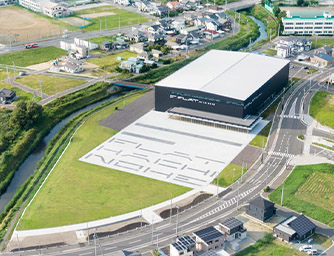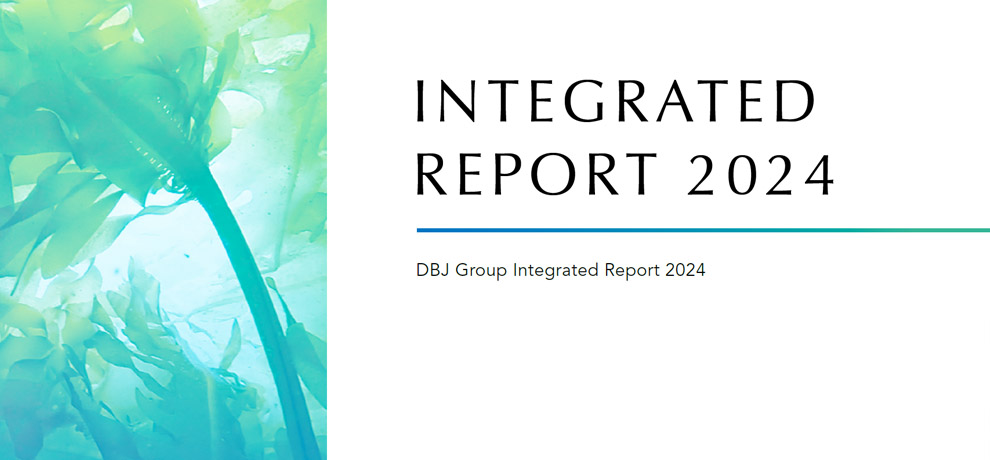Development Bank of Japan Inc. ("DBJ") is pleased to announce the publication of a survey on planned capital spending for fiscal years 2018, 2019 and 2020 entitled "Eighth Straight Year of Increase, Led by Non-manufacturing: Amid Uncertainties for Manufacturing in Particular."
According to the survey, planned capital spending for FY2019 by major firms in industry as a whole shows an increase (up 11.5%), continuing a rising trend for the eighth straight year.
Based on our findings, domestic capital spending in FY2019 may be characterized as follows.
|
| (1) |
|
In the manufacturing sector, continued investment in new automobile models, including for vehicle electrification, will be accompanied by a rise in spending in chemicals, nonferrous metals and electric machinery for electronic/battery materials, including for use in automobiles. |
| (2) |
|
In the non-manufacturing sector, spending will continue for the enhancement of urban functions, including in transportation and real estate. Investment will also continue in stores and logistics to cope with the labor shortage, as well as in the development of digital infrastructure. |
| (3) |
|
Continuing from the previous year, our opinion poll this year focuses on "investment in a broader sense," including overseas tangible fixed asset investment, R&D, information technology investment, human investment and M&A, as well as domestic investment in tangible fixed assets. As regards R&D, some 30% of the firms responded that they are increasingly utilizing open innovation, including over 50% of large-sized firms. As for information technology investment, about 70% of the firms responded that the digitalization of industry and society through technologies such as artificial intelligence(AI), the Internet of Things(IoT) and 5G will impact their business model and environment. With regard to environmental, social and governance (ESG) matters, many respondents cited social contribution and risk management as purposes for activities in this area. As for the relative importance of the various aspects of ESG, most firms cited corporate governance, whereas climate change and resources recycling were also common answers among large-sized companies. |
|
Please note that no information regarding individual firms will be provided by DBJ, as the survey is conducted under conditions of confidentiality and anonymity.
More details on the survey are available on the Survey Reports (Research Report) page of the DBJ website(https://www.dbj.jp).
DBJ's reports are one of the ways in which it fulfills its corporate philosophy of "Applying financial expertise to design the future: We solve issues facing our clients and society by opening new financial frontiers to achieve sustainable development in Japan and across the globe."
Inquiries:
Economic & Industrial Research Department
Development Bank of Japan Inc.
E-mail: capex@dbj.jp


























